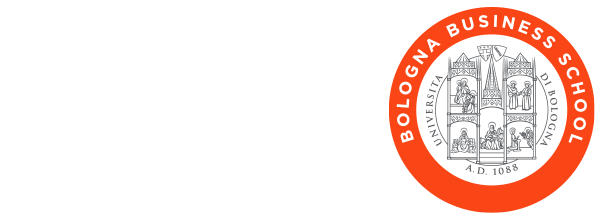Abstract
Founded in 1893, Ferrarelle is the Italian sparkling natural mineral water par excellence. The case (B) illustrates the main strategic choices that the company pursued in the last ten years to become more environmentally sustainable. Environmental sustainability is a sensitive theme across many industries. However, it is becoming a salient issue in the food and beverage sector, especially in the mineral water industry, since plastic represents the primary packaging solution for bottled water. In fact, the recent growth of the ‘zero plastic’ movement, coupled with the need to reduce waste, has led many companies to reformulate their commitment to the environment by implementing more sustainable business practices. While many firms have adopted mere greenwashing behaviors, Ferrarelle is striving to become a truly sustainable company.
In 2015, Ferrarelle opened a new plant to produce R-PET (recycled PET) and became the first and only vertically integrated mineral bottling company in Italy. The company uses the R-PET it makes, but has also begun selling the product on the market. In Case (B), we first illustrate the adoption of R-PET in the food industry. We then show what Ferrarelle’s reduced usage of virgin PET meant in terms of environmental impact and economic sustainability. In 2021, the company had some lines of production that adopted completely recycled materials (a new ho.re.ca. line of bottles, for example, is 100% recycled), while some other lines only use 50% of recycled material. Finally, in 2021, Ferrarelle became a benefit corporation.
Case (B) aims to stimulate a discussion on the potential paths Ferrarelle group can follow to continue its sustainability journey. In fact, while Ferrarelle elected sustainability as a core value of its mission, it is debatable whether this choice will produce economic returns. Case (B), therefore, focuses on the strategic choices the company made to pursue sustainability in order to ignite a discussion on the trade-off between environmental and economic sustainability.
Target for Teaching
- Strategy
- Strategy and sustainability
- Development of sustainable businesses
- Management of Made in Italy companies
Target audience
MBA and Executive courses
Key takeaways and learning objectives
After working to the case and assignment questions, students will be able to learn the following
- Develop a discussion about what sustainability means for companies today and how companies can pursue sustainability strategies on different levels.
- Identify the challenges and opportunities in transforming companies into more sustainable businesses.
- Describe how Ferrarelle’s supply chain has changed following the investment in a proprietary R-PET plant.
- Devise alternative strategic options for Ferrarelle along the make-or-buy continuum.



